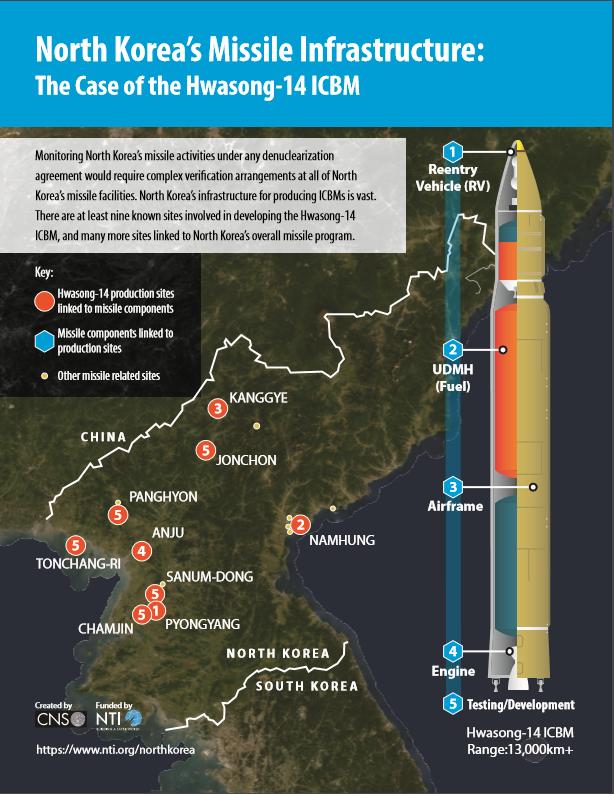Will Iran’s Simorgh Space Launcher Appear in North Korea?
Iran's space program is largely built on technologies imported from North Korea—with the technology moving in one direction.
A new country profile by the Center for Nonproliferation Studies focuses on Yemen, whose failed state status has given safe havens to several Islamist terror organizations, posing proliferation and terrorism concerns. Yemen is not known to have biological, chemical, or nuclear weapons and has been a member in good standing of many major treaties and organizations governing their acquisition and use. However, Yemen possesses Scud and Scud-variant ballistic missiles, the latter of which it purchased from North Korea. Some of these missiles have been used in the ongoing civil war, which renders control of Yemen’s missiles, and the country’s current and future status vis-a-vis the nonproliferation regime, ambiguous.
With the addition of Yemen, the country profile collection prepared by Center for Nonproliferation Studies for the NTI website totals 44 countries, plus the former Yugoslavia and Taiwan. The country profiles include an overview of each country’s nuclear, chemical, biological, and missile programs, in-depth information on participation in relevant nonproliferation treaties and regimes, compilations of countries’ official documents relating to nonproliferation, and links to related content. Select country profiles include descriptions of nuclear, chemical, biological, and missile facilities, which are also located on an interactive Google facilities map
Sign up for our newsletter to get the latest on nuclear and biological threats.
Iran's space program is largely built on technologies imported from North Korea—with the technology moving in one direction.
The James Martin Center for Nonproliferation Studies (CNS), in partnership with NTI, has released two new infographics.
The James Martin Center for Nonproliferation Studies has produced a new 3D facility video, highlighting developments at the Imam Khomeini Space Launch Center.

